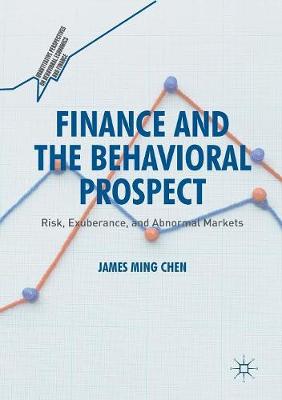Quantitative Perspectives on Behavioral Economics and Finance
3 total works
This book rehabilitates beta as a definition of systemic risk by using particle physics to evaluate discrete components of financial risk. Much of the frustration with beta stems from the failure to disaggregate its discrete components; conventional beta is often treated as if it were "atomic" in the original Greek sense: uncut and indivisible. By analogy to the Standard Model of particle physics theory's three generations of matter and the three-way interaction of quarks, Chen divides beta as the fundamental unit of systemic financial risk into three matching pairs of "baryonic" components. The resulting econophysics of beta explains no fewer than three of the most significant anomalies and puzzles in mathematical finance. Moreover, the model's three-way analysis of systemic risk connects the mechanics of mathematical finance with phenomena usually attributed to behavioral influences on capital markets. Adding consideration of volatility and correlation, and of the distinct cash flow and discount rate components of systematic risk, harmonizes mathematical finance with labor markets, human capital, and macroeconomics.


